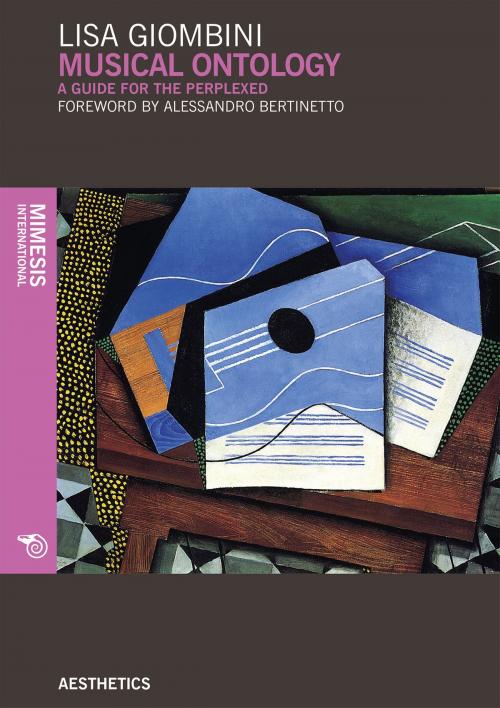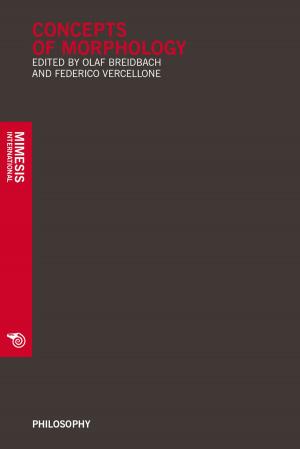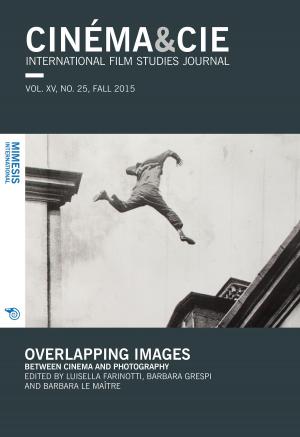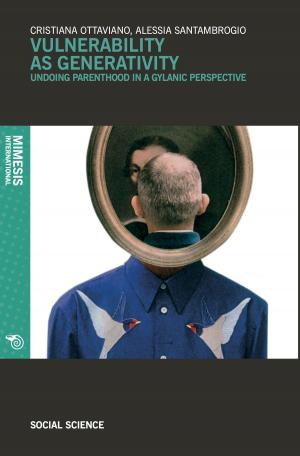| Author: | Lisa Giombini | ISBN: | 9788869771538 |
| Publisher: | Mimesis International | Publication: | January 25, 2018 |
| Imprint: | Mimesis International | Language: | English |
| Author: | Lisa Giombini |
| ISBN: | 9788869771538 |
| Publisher: | Mimesis International |
| Publication: | January 25, 2018 |
| Imprint: | Mimesis International |
| Language: | English |
What is musical ontology? Why should we as philosophers address it, if ever? These questions constitute the Ariadne’s thread running throughout this whole work. The number of papers, volumes and essays that have recently been dedicated to the topic of art and musical ontology is so vast that trying to get a grip on the debate seems like trying to find ones bearings without a compass. This book is a guide to help hapless readers find their way through this philosophical jungle. It is constructed on three levels: the presentation of the debate on musical ontology, a meta-ontological inquiry and a sort of meta-meta-ontological overview, in which both the ontological and the meta-ontological are examined. It does not contain any apology for musical ontology, nor any attempt to definitively get it off the hook. The approach is aporetic, in the spirit of an open investigation in which more questions than answers are posited. But this is the whole point. If this study manages to provide the readers with the necessary theoretical tools to answer these questions for themselves, it could be considered a success.
What is musical ontology? Why should we as philosophers address it, if ever? These questions constitute the Ariadne’s thread running throughout this whole work. The number of papers, volumes and essays that have recently been dedicated to the topic of art and musical ontology is so vast that trying to get a grip on the debate seems like trying to find ones bearings without a compass. This book is a guide to help hapless readers find their way through this philosophical jungle. It is constructed on three levels: the presentation of the debate on musical ontology, a meta-ontological inquiry and a sort of meta-meta-ontological overview, in which both the ontological and the meta-ontological are examined. It does not contain any apology for musical ontology, nor any attempt to definitively get it off the hook. The approach is aporetic, in the spirit of an open investigation in which more questions than answers are posited. But this is the whole point. If this study manages to provide the readers with the necessary theoretical tools to answer these questions for themselves, it could be considered a success.















